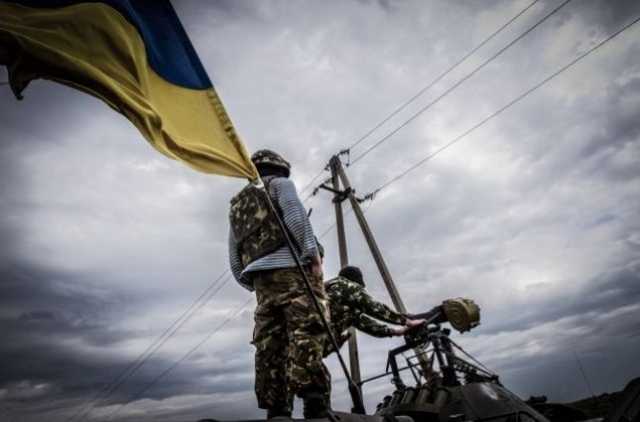Lawyer
Legal mechanisms for granting refugee status to persons who have left the war zone
War is a terrible test for any country and its citizens. When people are forced to leave their homes because of threats to their lives, they become refugees in need of international protection and assistance. In this article, we will consider the legal mechanisms governing the granting of refugee status to persons who have left the war zone.
Key terms:
1. Refugee
2. International protection
3. Convention on the Status of Refugees
4. Consultation of a lawyer / legal opinion of a lawyer
5. Analysis of documents
6. Legal opinion
7. Legal opinion of the lawyer
First of all, it is important to understand who is considered a refugee under international law. According to the UN Convention on the Status of Refugees of 1951, a refugee is a person who "due to a well-founded fear of being a victim of persecution on the grounds of race, religion, nationality, membership of a particular social group or political opinion, is outside the country of his nationality and cannot enjoy the protection of this country or does not wish to enjoy such protection due to such concerns".
Persons who have left a war zone due to a threat to their life or safety may apply for refugee status if their fear of persecution is well-founded and meets the criteria of the Convention.
The process of obtaining refugee status includes several stages, at each of which legal advice is extremely important. A lawyer can help with the preparation and execution of the necessary documents, as well as provide a legal opinion on the chances of obtaining refugee status.
Document analysis is a key stage in the consideration of an application for refugee status. A lawyer carefully examines all available documents, including passports, birth certificates, military records, medical records, and any other evidence that supports the circumstances under which a person left a combat zone.
Based on the analysis of the documents, the lawyer prepares a legal opinion in which he assesses the applicant's compliance with the criteria of the Convention on the Status of Refugees. The conclusion also provides legal arguments in support of the application and makes appropriate recommendations.
In addition, a lawyer can provide a legal opinion that explains in detail the legal grounds for granting refugee status and the possible consequences
both a positive and a negative decision. This legal opinion can be used during the trial or on appeal.
It is important to remember that the process of obtaining refugee status can be long and difficult, especially in conditions of armed conflict. Therefore, the availability of legal support and advice is extremely important to ensure that the rights and interests of asylum seekers are properly protected.
In conclusion, it should be noted that international law and national legislation provide for clear mechanisms for granting refugee status to persons who have left the war zone. However, success in obtaining such status largely depends on careful preparation of documents, legal analysis of the case and qualified legal support. Only under such conditions will persons forced to leave their homes due to war be able to receive adequate protection and assistance in accordance with international human rights standards.

































